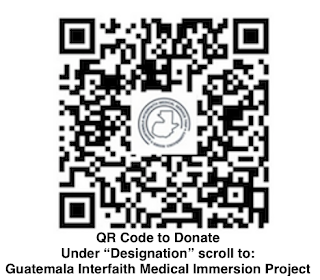THE SMELL OF IMPOVERISHMENT
Fr. Kevin Burke, S.J.
Of all our senses, smell seems at times the least important. A friend of mine, a religious sister in California, has no sense of smell and she jokes about what an advantage it is for living in community. (Perhaps that is why she chose a Beagle for her pet and companion.)
But when we reflect on the connection between smell and memory, we realize that certain smells can trigger
memories more urgently than any other sense. Not so much specific, discrete memories, but the whole world of “a time past” can be powerfully evoked by the smell of a cigar, or coffee in the morning, or a sheep barn, a lilac bush, or a particular brand of floor wax. I find myself considering that smell might be our most primitive of our senses and, thus, the one most capable of breaking through superficial constructions of reality. The sense of smell can bring us to the heart of the real.
Jon Sobrino, the brilliant Salvadoran theologian who survived the 1989 massacre at the UCA because he was in Thailand at the time, once told me “we don’t really know poverty, know the plight of the poor, until we smell it.” The smell of poverty leaks from the borderlands of death.
This morning, Drs. Lauri and Stephanie stopped our bus just before entering the ACE compound (“La Communidad de La Esperanza”) at the site of the large municipal dump. It was here, nearly 20 years ago, where ACE was born. It was here that Pardre Sergio brought “una olla de arroz y frijoles” and a soccer ball to the edge of the wasteland and began to play with the children of the garbage pickers…
The smell was terrible.
The bus was silent as we finished the drive (a very short distance) to the clinic.
We couldn’t get the sticky dump-mud from the soles of our shoes.
We felt the violence of odor.
The smell of impoverishment pocks the airways and lungs. The terror of a thousand lashes on the pristine bodies of children. The ineluctable weight pressing against the souls of helpless mothers and fathers. The dump reeks the odor of guilt, of that which should not be.
Our sense of the beauty of Guatemala, of these people, these children, has been deepened. Rendered more complex. Our passions for justice have awakened in the presence of a pervasive smell. We did not wrinkle our noses and then turn away (glad that the dump is a gated community surrounded by barbed wire.) We looked down, we looked up. We looked ahead to the work of the day awaiting us. But if we ponder it, we notice that have been changed. A little.



Comments
Post a Comment